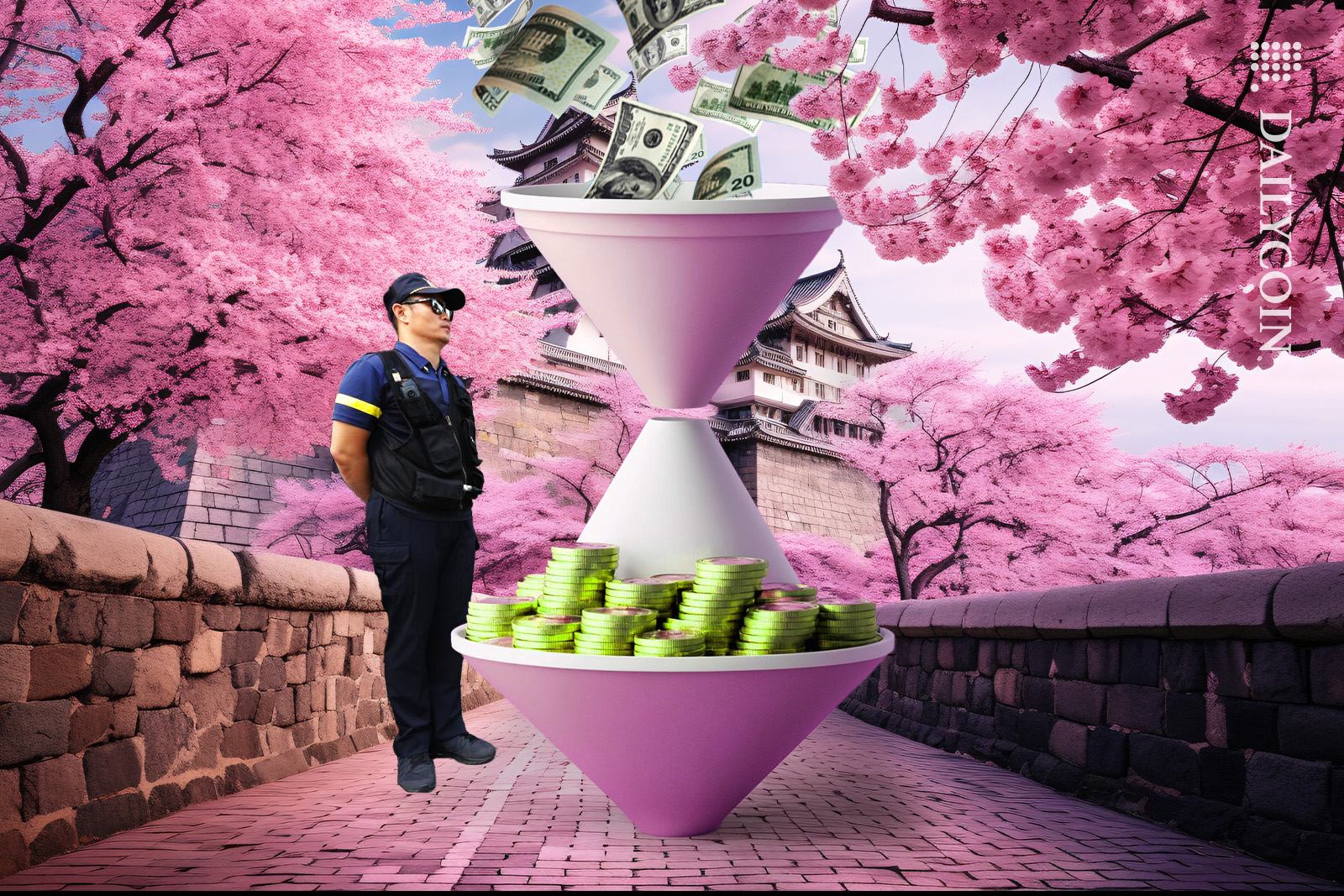
- South Korean financial authorities seek to implement new regulations to combat the crime of virtual assets.
- The regulations will target cryptocurrency mixers within the region.
- Domestic regulatory standards in South Korea are evolving.
The cryptocurrency industry has ushered in a new era of possibilities, including financial innovations and a burgeoning digital ecosystem. However, the prevalence of malicious actors who exploit its decentralized nature to engage in fraudulent activities poses a formidable challenge.
The South Korean government is considering new regulatory standards to address and combat financial crimes.
South Korea Targets Crypto Mixers Regulations
According to a local report on Monday, January 15, the Financial Intelligence Unit (FIU) of the South Korean Financial Services Commission has set its sights on implementing new regulations on virtual asset mixers.
Sponsored
Influenced by U.S anti-money laundering (AML) regulations, the initiative seeks to tackle the growing abuse of crypto mixers by unscrupulous actors and criminal organizations who employ them to launder stolen assets and ill-gotten gains.
The Financial Intelligence Unit asserted that using crypto mixers for stolen assets transfer mixers makes tracking funds and monitoring crimes difficult, emphasizing the need for regulatory measures as a shared international concern.
“When the United States introduced mixer regulations last year, discussions began in Korea as well.”
The FIU’s initiative for crypto mixer oversight aligns with the evolving regulatory standards in South Korea.
South Korea’s Crypto Oversight
Recent months have seen a heightened focus on crypto-related regulations by the South Korean government, with aims to enforce sanctions and regulate the growing industry.
Sponsored
In December, the Financial Services Commission (FSC) proposed new rules for exchanges operating within the country, mandating the priority of investor protection. The rules include the storage of at least 80% of users’ deposits in cold wallets and provisions for virtual asset service providers to fulfill liability in the event of hacking or computer failure incidents.
Additionally, the commission announced a ban on South Koreans using credit cards for crypto purchases, a measure aimed at curbing trading on foreign crypto exchanges amid mounting money laundering concerns.
The South Korean government has also remained steadfast in its ban on Bitcoin Exchange-Traded Funds (ETFs), and the recent U.S. approval has prompted regulatory caution, advising domestic brokers against trading the asset class.
On the Flipside
- The FIU’s initiative is in its initial phases of discussion and may require some time to materialize.
- South Korea has collaborated with Japan to address North Korea’s escalating threat and unrelenting cyber crimes.
- The North Korea-backed Lazarus group, infamous for using crypto mixers, siphoned over $600 million in 2023.
Why This Matters
The intensified push for strengthened crypto regulations in South Korea underscores the government’s proactive response to the rising wave of financial crimes, with aims to ensure investor protection.
Find out more about regulations in South Korea:
South Korea Exposes $97M Crypto Transactions by Lawmakers
Read more on gender imbalance in the blockchain ecosystem:
Only 6% of Funding Goes to Female-Led Blockchain Startups
